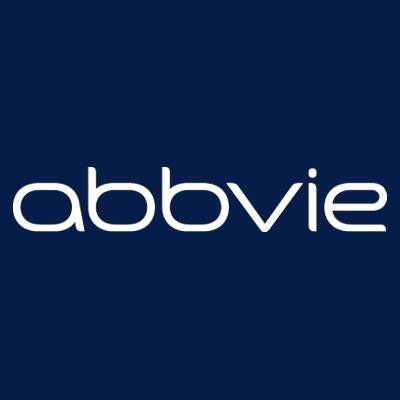AbbVie Submits NDA for Endometriosis Treatment Elagolix
If approved, ABT-620 would become the first new treatment for endometriosis in more than a decade.

AbbVie has submitted a New Drug Application (NDA) to the US Food and Drug Administration (FDA) for ABT-620 (Elagolix), a gonadotropin-releasing hormone (GnRH) receptor antagonist, for the management of endometriosis with associated pain.
The investigational, orally administered treatment demonstrated superiority to placebo in 2 replicate phase 3 studies — the largest to date for endometriosis – for the treatment of 3 types of endometriosis-associated pain: daily menstrual pelvic pain, non-menstrual pelvic pain, and painful intercourse.
"The submission represents an important step forward for women suffering from endometriosis and physicians who are in need of additional medical treatment options to help manage this chronic and painful disease," Michael Severino, MD, the executive vice president of research and development and chief scientific officer at AbbVie, said in a statement. "Elagolix has the potential to be an important oral treatment option for women suffering from the most prevalent symptoms of endometriosis and we look forward to working with the FDA throughout the review process."
In the trials, 1700 women with moderate-to-severe endometriosis-related pain were randomized to examine 2 doses of ABT-620 (150 mg once daily and 200 mg twice daily) against placebo. Using the Daily Endometriosis Pain Impact Scale, both doses of the drug showed improvement for menstrual and non-menstrual pelvic pain at both month 3 and 6, and the 200-mg dose group saw significant improvement in painful intercourse at month 3.
Additionally, ABT-620 showed a reduction in the amount and frequency of the use of rescue pain medication at months 3 and 6 with the higher dose. After 6 months, the treatment also decreased endometrial proliferation in a dose-dependent manner with no adverse findings.
As far as safety, the findings were consistent across both studies with the hormone suppression associated with the drug’s mechanism of action. Hot flush, headache, and nausea were the most frequently reported events, with hot flush rates of 7% for placebo, 24% for the 150 mg once daily, and 42% for the 200 mg twice daily dose. For headache, the rates were 10%, 15%, and 17%, respectively.
Endometriosis affects an estimated 10% of women of reproductive age and can prove to be debilitating over time. If approved, ABT-620 would become the first new medical treatment for the condition in over a decade.
Data were presented at the American Society for Reproductive Medicine (ASRM) annual meeting in October 2016, and data from extension studies will be presented at a later date.
Related Coverage
Erenumab, Inhibitors Could Fill Unmet Gap in Migraine Care
HIV Risk Higher Among Women Due to Greater Risk Behaviors
CDC Donates $28.6 Million to States Fighting Opioid Epidemic